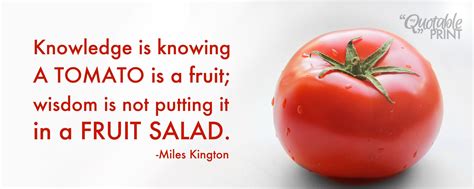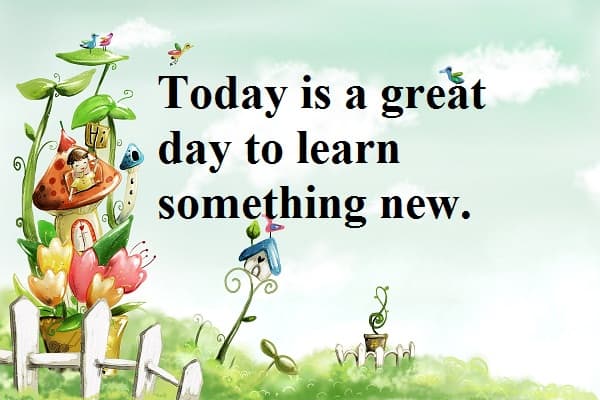Once upon a time, there was a child who was very curious. Nobody expects the Spanish Inquisition coming from a toddler, but that was what everybody got if they said something that was new or sounded interesting to her. Throughout her development, this trait remained visible and she got to be known as “The Why Girl”.
Thankfully, in her 40s, a strengths assessment calculated that, first and foremost, she was a Learner, so she then had a better and more acceptable name to describe her insatiable curiosity for knowledge.
As you can guess, that girl was me, and this eagerness to learn is still strong at this point of my going-on-50 years experience of being a curious human.
My inquisitiveness never knew gender, age, race, creed or class boundaries, so you would often find me having long conversations with elders and children alike, and not even teenagers or young adults were safe from my never-ending questionnaire.
And there has never been a shortage of questions, since I’ve never been subject specific, taking an interest on everything, ranging from any -ology, -omy or –sophy, to more practical subjects like fixing leaky pipes, installing a chandelier switch, what tea to drink for what effect, and how to grow the plant that provides it.
Knowledge Integration
Along with this lifelong diverse knowledge absorption, came the need to know what to use when and where.

“Knowledge is knowing A TOMATO is a fruit; wisdom is not putting it in a FRUIT SALAD.” – Miles Kington
Since I’ve never been one to follow recipes to the letter (even on the first try) nor has keeping knowledge compartmentalized into subjects ever made sense to me, wisdom has come from trial and error – mine and others, because there’s no need to reinvent the wheel nor any point in wasting progress made by others, right? -, especially while mixing approaches or tools from different areas in a new challenge.
As a Doctor of Veterinary Medicine by training, I can assure you that at some point at least one surgeon learned some things from a seamstress, or you wouldn’t have such a great many deal of different sutures for different purposes, and many doctors have joined heads with engineers and chemists and a many great deal of other professionals in seemingly unrelated areas to create amazing breakthroughs.
This is what hass been driving our species progress: integrating knowledge into a broader base, and interconnecting it all, birthing new out-off-the-box approaches that are stronger, sturdier and better than the sum of their individual parts.
Knowledge Origin
Of course we need to be open to knowledge in itself, not discriminate it if their origin stems from a different creed, country, race, continent or even species – many inventions have come to fruition after careful observation of animals’ behavior or physical characteristics, like aerodynamic design, for example.
Knowledge must be available and truly and completely integrated, which makes me cringe when I hear the word inclusion, particularly in Education. If you look up inclusion in Geology, you will see something that got surrounded, without any interaction.

Chlorite inclusion in Quartz crystal
Integration means everything is put in the mix and can interact freely, creating connections and resulting in a richer knowledge base.
Knowledge Availability
Needless to say that this universal integration can only occur if knowledge is widely available!
If someone has already figured something out, let them share it and we can use it to our global advantage, making it so that every and all knowledge human beings have becomes part of the collective’s treasure trove.
If someone is looking to learn something, let them be able to access it, regardless of their location, nationality, social status, income or any other artificial classification you can come up with. And make it free!
There is nothing more expensive than knowledge, so it’s obvious that people may want to share it in return of compensation. All that is needed is that the more basic information – useful to many – is made freely and readily accessible for everyone, and then those that wish to dive deeper into a topic can compensate those that help their advancement.
“And how do you expect knowledge seekers to differentiate good information amidst it all?”
That is a very good question, since nowadays the biggest challenge to all learners is clearly to know how to sift through all the available information, and figure out what is valuable or not.
Honestly, I believe that everyone should learn that from an early age:
– how to look for reliable sources
– value experience generated and reviewed content
– keep a critical mindset
– and listen to their guts/intuition – if something feels off or unsafe, step away.
Learning It All
“Is it possible to learn it all?”
Our brains may be quantum computers, but that quote “The more I know, the more I know I don’t know” by Socrates is totally true – there will always be something else to learn and integrate, to practice and experience.

“The more I know, the more I know that I don’t know.” – Socrates]
Besides, if you’re anything like me and also have a very selective memory (a.k.a., a leaky one), then you need to find easy ways to memorize things: mnemonics, patterns, songs, etc. . Either that, or the information needs to be completely understood, experienced and integrated, in order to become deeply rooted in our brains.
Additionally, there are some basics to help people learn more, faster and better:
– fulfill one’s basic needs – safety, food, shelter, etc- have to be met so we can work on learning more and expanding the common knowledge
– know how you learn – each learner needs to understand how they learn best – chinestesic, visual, auditory, etc. -, and use that to their advantage.

So, if you ever feel the need to know how something works, why something happens or is like it is, and always have more questions than people can answer, know there are many of us around, and that being a Learner is a good thing!

Today is a great day to learn something new.




